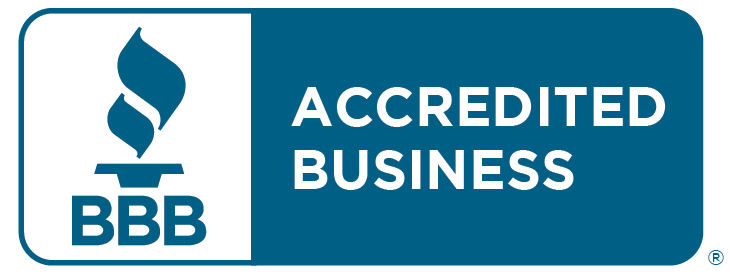What is CBT?
CBT is a type of psychotherapy based on the theory that our thoughts affect how we feel and how we behave. CBT has been demonstrated to be effective in the treatment of many disorders, including anxiety, depression, alcohol and drug problems, eating disorders, marital problems, phobias, severe mental illness, cognitive distortions, and more. Advances in CBT have been made on the basis of both research and clinical practice and this well-known approach is known to cultivate change. More specifically, research suggests that CBT leads to significant improvement in functioning and quality of life. Just like with other forms of treatment, you’ll work with your therapist in a collaborative fashion to develop an understanding of your presenting problem(s) and develop treatment strategies that align with your goals. CBT focuses on current challenges in a client’s life, rather than what has led up to their current difficulties. The primary focus of CBT is to teach and develop effective strategies to help clients cope well with life’s challenges.
CBT is based on several core principles, including:
- Psychological problems are partly based on faulty or unhelpful ways of thinking
- Psychological problems are partly based on learned patterns of unhelpful behavior
- People suffering from psychological problems can learn better ways of coping by relieving their symptoms and becoming more effective in their lives
CBT treatment usually involves efforts to change unhealthy thinking patterns.
These strategies might include:
- Learning to recognize the negative distortions in thinking that are creating problems, reevaluating, and re-framing them
- Gaining a better understanding of your behavior and motivation
- Using problem-solving skills to cope with difficult situations
- Learning to develop a greater sense of confidence in your own abilities to help yourself
CBT treatment usually involves efforts to change negative behavioral patterns.
These strategies might include:
- Recognizing fear-avoidance and dealing with your fears instead of avoiding them
- Using role-playing to prepare for potentially problematic interactions with others
- Learning to calm your mind and relax your body
- Ultimately, CBT places an emphasis on helping individuals learn to be their own therapists. Through in-session exercises as well as practicing outside of sessions, you’ll develop coping skills that will change your negative thinking, problematic emotions, and maladaptive behaviors.



